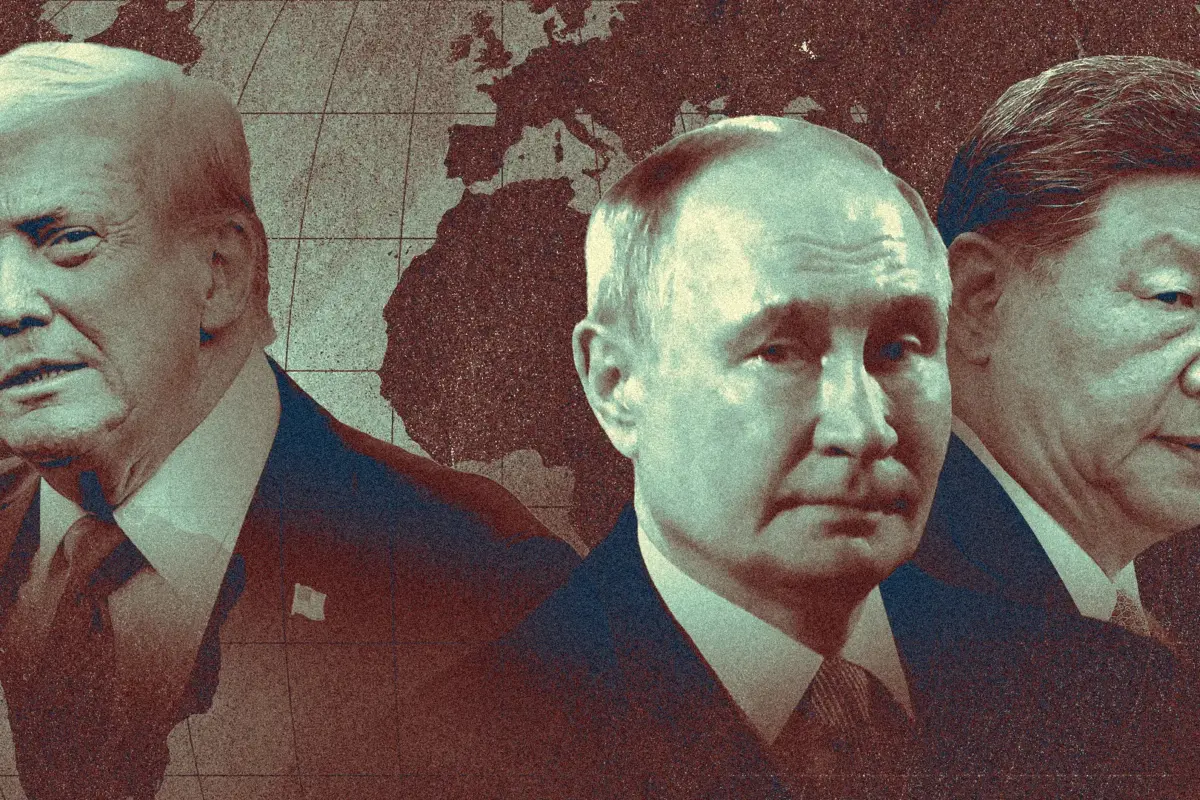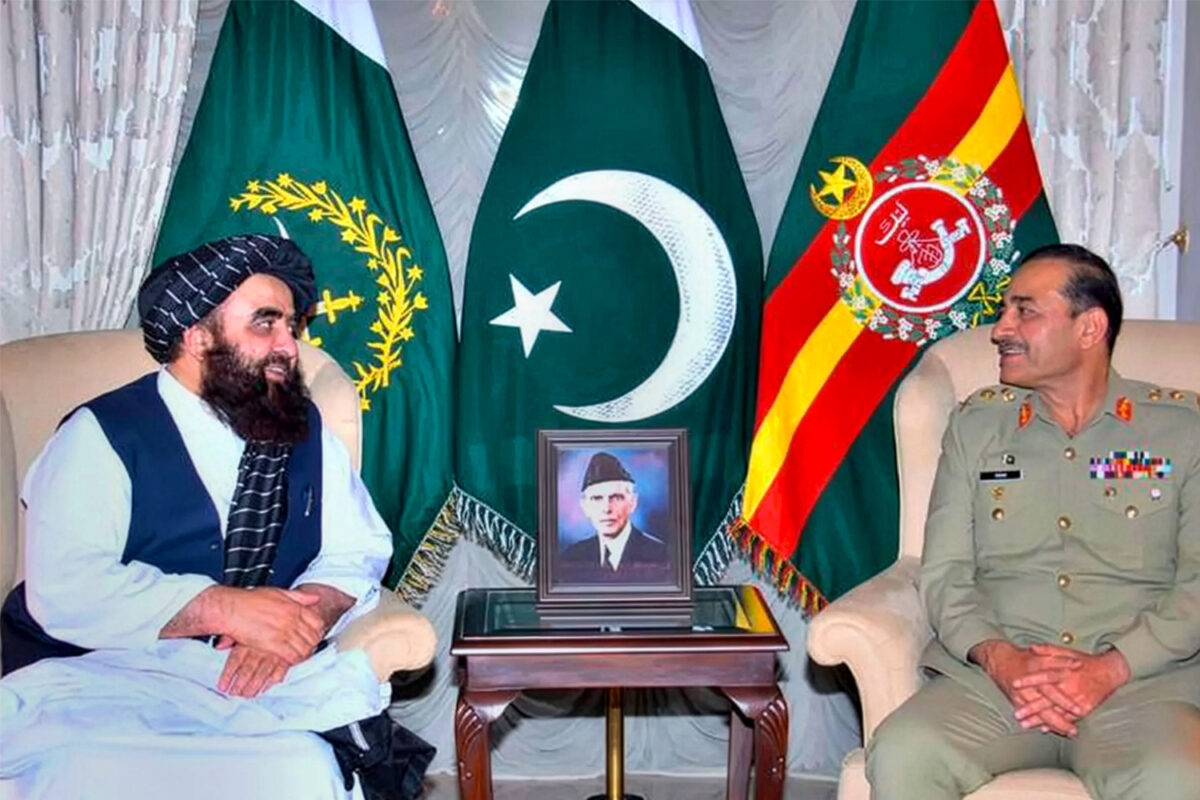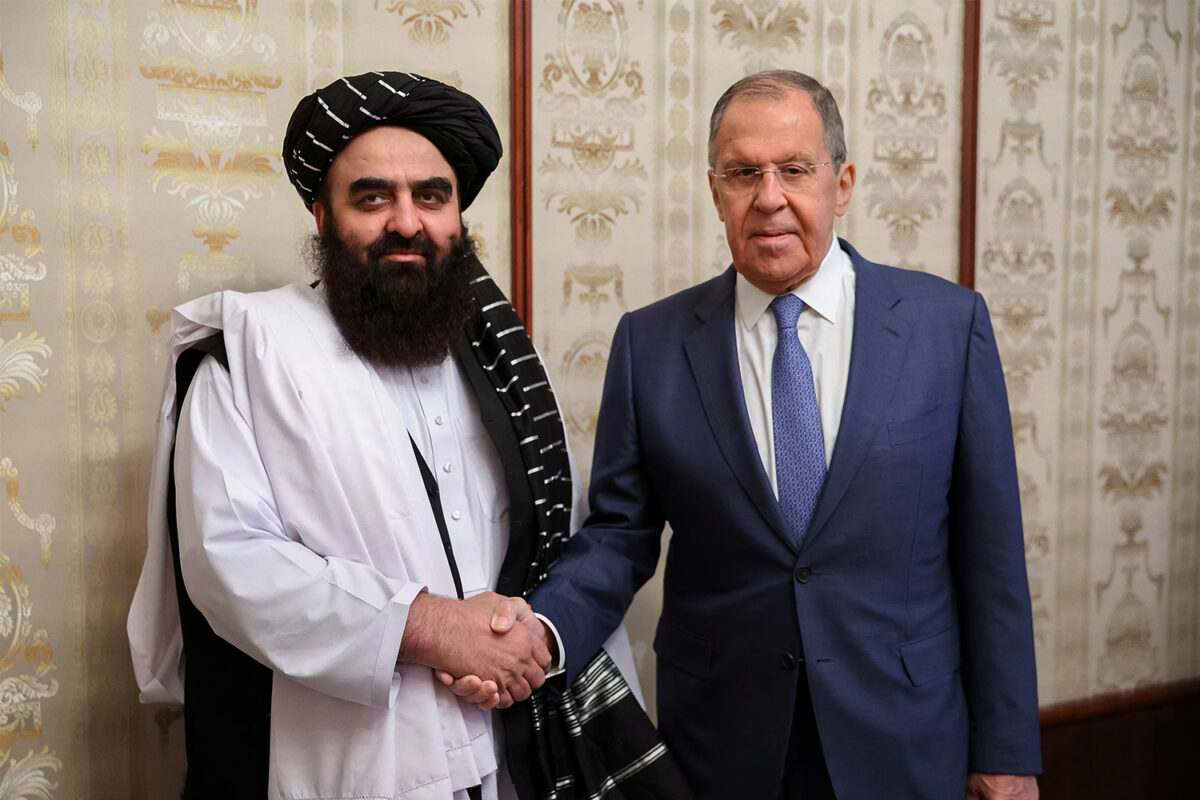US president Donald Trump’s strategy for Afghanistan involves continuing with much of what his predecessors had begun. After 17 years, over 2,000 US military deaths and at a cost of over $1.07 trillion, Trump announced he could not walk away from the country after so many lives had been lost and so much treasure spent. Refusing to learn from the mistakes of previous empires who ruined themselves in attempting to win the Eurasian nation, the US strategy in reality rests around making use of the regional nations to manage this strategic piece of real estate. In this sixth part of a seven part series looking at the US strategy to manage Afghanistan RO analyses both China and Russia and US plans to make use of both of them in managing Afghanistan.
China began giving Afghanistan considerable attention after a small team of Pentagon officials and American geologists discovered nearly $1 trillion in untapped mineral deposits in 2010. The previously unknown deposits — including huge veins of iron, copper, cobalt, gold and critical industrial metals like lithium were so big and included so many minerals China saw an opportunity. It was after this discovery that China began to develop commercial and economic relations with Afghanistan, with the metallurgical Corporation of China (MCC) pledging $3.5 billion to develop the Aynak Copper mines. China National Petroleum Corporation helped to create the first site for the production of oil in Afghanistan, with annual energy estimated at 1.5 million barrels. When Ashraf Ghani became president of Afghanistan his first foreign visit was to China, where he was rewarded with new commitments from Beijing, including over $327 million in aid over three years.
China realised that it cannot exploit any of Afghanistan’s mineral resources without a stable Government in Kabul and stability and security across the country. For these reasons China has supported the US constructed political architecture in the country and worked to strengthen it. China has strongly supported the government in Kabul, the Chinese Foreign Minister Wang Yi, during his visit to Kabul in February 2014 said, “The peace and stability in this country has an impact on the security of west China, and most importantly, it affects the peace and the development throughout the region, and we hope to see political reconciliation broad-based and inclusive in Afghanistan as soon as possible, and China will play a constructive role to facilitate this.”[1] For China, the US presence in Afghanistan provides security to both its investments and the Kabul government and that’s why it has supported US-Afghanistan security deals. China also established the “peace and reconciliation forum” that gathered the Taliban command for peace talks. The strategic interests of both Beijing and Washington are the same in Afghanistan, a US official confirmed: “The United States and China have agreed to work together to support the Government of Afghanistan, and national unity, and the security forces, and economic development; to ensure that Afghanistan is not used once again as a safe haven for terrorists.”[2]
Russia has had a fraught history with Afghanistan. The Soviet Union red army invaded in 1979 and eventually left humiliated in 1989. But Russia played a central role in the US invasion of the country in 2001. The Northern Distribution Network, one of only two supply lines saw shipped material use Russian railways to traverse through Russia and the Central Asian states into Afghanistan. This supply line became all the more important as the other supply line through Pakistan was constantly attacked and became unreliable. Although Russia did not take part in the US invasion to overthrow the Taliban in 2001, Moscow shared intelligence with Washington during the invasion. Despite US-Russian competition elsewhere, in Afghanistan Russia supported the US invasion and became a key logistical hub during America’s occupation of Afghanistan.
Russia has also aided the US agenda by organising peace talks between the US constructed architecture in Kabul and the Taliban. In 2017 Russia hosted peace talks between the Afghan government and the Taliban. The Russian foreign ministry confirmed: “The third round of consultations on the Afghan issue was attended by representatives of Russia, Afghanistan, China, India, Iran, Pakistan, Kazakhstan, Kyrgyzstan, Turkmenistan, Tajikistan and Uzbekistan.” This was the third meeting Russia hosted in four months to push for political negotiations. “The US had been invited to take part in the consultations but it refused [to attend] for reasons unclear to us,”[3] it added. In December 2016, Moscow disclosed its contacts with the Taliban, the group that is intent on toppling the Afghan government. The Russian Foreign Ministry announced that it is sharing intelligence and cooperating with the Taliban to fight ISIS militants in Afghanistan. Whilst Russia may have its own interests in Afghanistan, it is working to stabilise the Kabul government, the US created government, through peace talks between the government and the Taliban.
The US long accepted it cannot militarily win in Afghanistan and as a result has been forced to turn to regional nations to manage Afghanistan. Whether it’s India and Iran or China and Russia the US is relying upon these nations to succeed where to it has failed. The US does not necessarily see eye-to-eye with all these nations on all issues, but the US has no choice but to work with these regional nations and is confident it can use them to manage Afghanistan.
[1] http://www.reuters.com/article/us-afghanistan-china/top-official-says-chinese-security-depends-on-afghan-stability-idUSBREA1L0D720140222
[2] http://www.reuters.com/article/us-pakistan-china/china-offers-to-mediate-in-stalled-afghan-taliban-peace-talks-idUSKBN0LG1UP20150212
[3] https://tribune.com.pk/story/1384265/russia-offers-host-taliban-kabul-talks/




